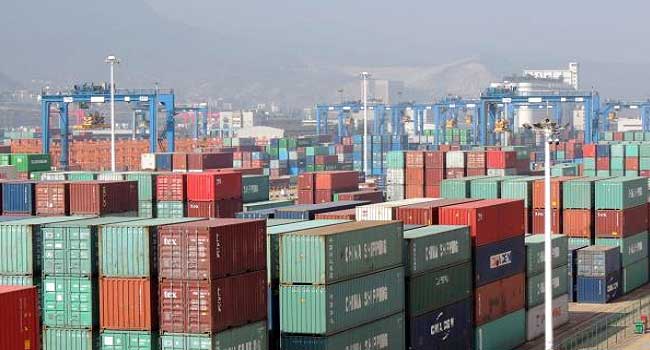In order to provide enough jobs for its growing youthful population, Africa must innovate.
This is the view of the Executive Secretary, Economic Commission for Africa (ECA), Vera Songwe, who proposed immediate action on all fronts to address the continent’s jobs challenge in a structural way.
In a statement issued by the Communications Section of the ECA, she says that with Africa’s rising population, estimated to increase to 1.7 billion by 2030, a growth rate of more than 8 per cent per annum is needed to create at least 120 million jobs for the youth entering the labour market between now and 2030.
Ms Songwe who was speaking in Addis Ababa, the Ethiopian capital, at a joint ECA-World Bank roundtable on jobs and economic transformation, said, “The question around jobs and economic transformation is one that almost every African leader is worrying about.”
“Africa is growing again but we need to do better and more. It is disheartening every day to see that more Africans are falling into poverty. That is why it is imperative that we are having this discussion of creating jobs on the continent.”
The event focused on three topical areas: digital transformation, trade and global value chains, and human capital for jobs.
Stressing the importance of innovation as a major force for economic growth and development, Ms Songwe added, “Digitalisation is, now more than ever, playing an important role in Africa’s economic transformation and has the potential to open opportunities to labour markets, moving beyond markets through the free movement of people.”
Ms Songwe also spoke about the need for African economies to stimulate adequate industrialisation through increased intra-African trade.
“As digitalisation and trade create new opportunities for economic transformation through jobs, it will be important for policymakers to recalibrate policies towards strengthening human capital. Policies geared towards a highly skilled, knowledgeable and healthier population are pertinent in ensuring prosperity and thereby reducing poverty on the continent,” she said.
In his own contribution, the Vice President for Development Finance at the World Bank, Akihiko Nishio, said the discussing on jobs and economic transformation was timely.
“For most developing countries and development institutions like ours, the need for more and better jobs remains a top development priority. Jobs are a source of income, a means of raising productivity, and for meeting the aspirations of hundreds of millions of people,” said Mr Nishio.
While admitting that there are challenges in meeting the job needs on the continent, Mr Nishio also pointed out the consequences of failure in tackling the issue.
“Failing to deliver good jobs for the growing youth population not only risks squandering the demographic dividend but raises significant social risks, contributing to fragility and driving young people to migrate abroad in search of better opportunities,” said Mr Nishio.
He said tackling the jobs challenge requires economic transformation, which involves “moving workers from lower to higher productivity activities led by a vibrant private sector and supported by public policy actions.”




